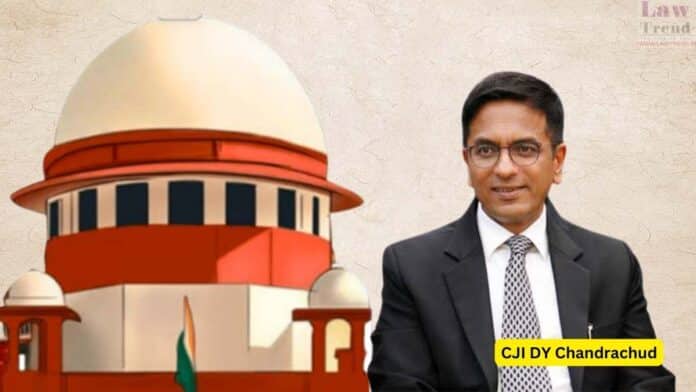As Chief Justice of India Dr. D.Y. Chandrachud approaches the final days of his tenure, with retirement scheduled for November 10, several pivotal Supreme Court decisions are eagerly awaited. With only 15 working days left before his last official day on November 8, the pressure is on for the CJI to deliver judgments on a host of significant cases that have been pending, some involving constitutional matters of national importance.
Decisions to Watch
1. Minority Status of Aligarh Muslim University (AMU)
Earlier in February, a seven-judge Constitution Bench of the Supreme Court reserved its decision on whether AMU should retain its minority status under Article 30 of the Indian Constitution. This provision empowers religious and linguistic minorities to establish and administer educational institutions of their choice, and the decision could have far-reaching implications for minority educational institutions across India.
2. Changes to Recruitment Rules After Process Commencement
A five-judge Constitution Bench is expected to rule on whether changes to recruitment rules can be instituted after the process has begun. The case originates from a 2013 recruitment drive for translators in the Rajasthan High Court, which was marked by controversy after post-test changes in eligibility criteria, affecting the prospects of numerous candidates.
3. Validity of Assam’s NRC
The Supreme Court will soon deliver its verdict on petitions challenging Section 6A of the Citizenship Act of 1955, which concerns the citizenship status of various groups of foreigners who entered Assam before certain cut-off dates. The ruling by a five-judge bench, which includes CJI Chandrachud, will clarify the legislative powers of Parliament regarding citizenship laws.
4. Regulatory Authority Over Industrial Alcohol
A nine-judge bench will determine whether the regulation of industrial alcohol should reside with the states or the central government. The decision, reserved since April 2024, could impact a significant revenue stream for both tiers of government.
5. Government’s Authority to Redistribute Wealth
Another critical judgment expected from a nine-judge Constitution Bench revolves around the government’s ability to acquire and redistribute private property. The case pertains to Articles 39(B) and 31(C) of the Constitution, which concern the community’s control over physical resources and the protection of laws fulfilling certain Directive Principles of State Policy.
6. BYJUS Litigation Outcome
The Supreme Court will also pronounce a judgment regarding the petition by foreign investors of BYJUS, challenging the dismissal of bankruptcy proceedings against the company. The decision will be crucial for corporate governance and investment climates in India.
7. National Task Force on Safety of Medical Staff
Following a tragic incident at Kolkata’s RG Kar Hospital, the Supreme Court, under CJI Chandrachud, has taken suo motu cognizance and will review recommendations from the National Task Force concerning the safety of doctors and paramedical staff across India.




